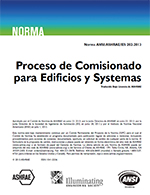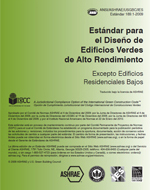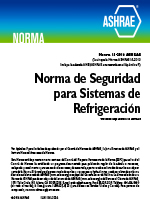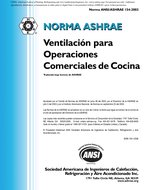Description
Cyclic degradation coefficient (Cd) estimates the loss in efficiency of an air-conditioner (AC) during part-load operation and is the parameter, currently used to rate the AC performance. Cd was defined roughly 40 years back with limited experimental data and understanding of the dynamics involved in the cyclic operation. Over the years, variations have been observed in the Cd values due to a combination of factors like incorrect assumptions in its definition, the influence of the measurement setup and uncertainty in its measurement. This defeats the purpose of providing credit to systems with better part-load performance, because the same unit may provide a different value of Cd when measured differently. Recent advances in computing present a possibility to model the dynamics of cyclic AC operation to a reasonable accuracy and help clarify some of the complexities. The present article is one such attempt and showcases a validated dynamic model of AC undergoing a cyclic D-Test. The model is developed in Modelica and can be used to analyze any AC operation. It has the capacity to model phenomena like refrigerant leakage through expansion device and compressor during the off-cycle. A particular case with large refrigerant migration during off-cycle is compared with that with less migration using the model. The Cd for both the cases is observed to be similar, and the impact of initial charge distribution is discussed. The article discusses the effectiveness of Cd in capturing the variability of cyclic performance and provides recommendations for improved, highly-repeatable measurement of cyclic performance of ACs.
Citation: 2019 Annual Conference, Kansas City, MO, Conference Papers
Product Details
- Published:
- 2019
- Number of Pages:
- 8
- Units of Measure:
- Dual
- File Size:
- 1 file , 3.6 MB
- Product Code(s):
- D-KC-19-C011




